Congressional Republicans on Wednesday spotlighted a newly revealed email that shows Obama administration officials were told within hours of the Sept. 11 attack on the U.S. Consulate in Benghazi, Libya, that an al-Qaeda-inspired militant group had claimed responsibility for the assault.
After the White House and State Department downplayed the significance of the email Wednesday, Republican Sens. John McCain, Lindsey Graham and Kelly Ayotte sent a letter to President Obama asking why U.S. officials “described the attack for days afterward as a spontaneous response to an anti-Islam video.”
“These emails make clear that your administration knew within two hours of the attack that it was a terrorist act and that Ansar al-Sharia, a Libyan militant group with links to al Qaeda, had claimed responsibility for it,” the senators’ letter states. “This latest revelation only adds to the confusion surrounding what you and your administration knew about the attacks in Benghazi, when you knew it, and why you responded to those tragic events in the ways that you did.”
Earlier Wednesday, administration officials said the email, which was first reported by Reuters, was just part of an initial scramble of communications about the assault that killed U.S. Ambassador J. Christopher Stevens and three other Americans on the 11th anniversary of the 9/11 terrorist attacks.
“Hosting something on Facebook is not, in and of itself, evidence,” Secretary of State Hillary Rodham Clinton told reporters after the email was leaked to news outlets and posted online. “I think it just underscores how fluid the reporting was at the time and contended for some time.”
Her assertion matched that of White House press secretary Jay Carney, who said “there were emails about all sorts of information that was coming available in the aftermath of the attack.” He noted that within hours of the email, Ansar al-Shariah “claimed that it had not been responsible — neither should be taken as fact.”
What did they know and when?
The Tunisian government said Wednesday that it had arrested a 28-year-old Tunisian man who is suspected to have participated in the consulate attack. An Interior Ministry spokesman told The Associated Press that Ali Harzi was being held in the nation’s capital, Tunis.
Tunisia sits between Libya and Algeria in North Africa, where authorities regularly cite the threat of al Qaeda-inspired militants.
The State Department declined to comment on the extent to which Tunisian authorities are cooperating with U.S. and Libyan authorities investigating the Benghazi attack.
One U.S. intelligence official has described Mr. Harzi as a member of violent extremist networks in the region, according to an article by The Daily Beast, which first reported his arrest Tuesday.
The developments amplified an already politically charged debate over why the White House was initially unwilling to characterize the Benghazi attack as one carried out by Islamic extremists.
Rep. Peter T. King, New York Republican and chairman of the House Homeland Security Committee, said the new email undermines “any administration claim to have ever believed in good faith that [the attack occurred] in a ’spontaneous reaction’ to a film trailer posted on the Internet.” He called on the president to release all intelligence reports and analyses about the attack.
Although Mr. Obama used the words “acts of terror” to describe the attack in prepared remarks Sept. 12, other administration officials maintained in ensuing days that the assault — by heavily armed men with mortar support — had grown out of a spontaneous protest against an American-made video disparaging Islam’s Prophet Muhammad.
The Benghazi attack happened just hours after demonstrators had stormed the grounds of the U.S. Embassy in Cairo. Although there has been no evidence of a similar protest preceding the attack in Benghazi, some in the intelligence community continue to say the incidents in Libya and Egypt are connected.
One U.S. intelligence official recently told The Washington Times that “there was and still is information that suggests the attackers in Benghazi were influenced by the scenes they saw in Cairo of protesters scaling the walls of the U.S. Embassy.”
The Times reported Oct. 3 that U.S. military intelligence was spreading the word inside the Pentagon the day after the attack that an al Qaeda-linked group was likely responsible for the assault.
Analysts note confusion
Independent analysts cited confusion Wednesday over the initial email circulated among administration officials on the night of the attack.
The email focused on Ansar al-Shariah, an Arabic name that means “supporters of Islamic law” and is thought to be used by al Qaeda supporters in Libya and other parts of the Middle East.
Aaron Y. Zelin, a fellow at the Washington Institute for Near East Policy who monitors Arabic-language websites tied to extremist groups in the region, said he had no record of any direct claim of responsibility by Ansar al-Shariah that night.
“I was following that specific Facebook page very closely because this was considered to be the official page of Ansar al-Shariah, and I don’t have any archived record of that posting at that time,” he said, adding that the email’s authors “could have been mistaken or they could be referring to something else completely.”
He said that on Sept. 12 — several hours after the initial email circulated among Obama administration officials — Ansar al-Shariah did make a Facebook posting in which it said it had not ordered the attack.
“They said that they were not involved in an official manner but they applauded the attack,” said Mr. Zelin, who added that the Facebook page for the group has since been removed.
Bill Roggio, editor of The Long War Journal and a scholar at the Foundation for Defense of Democracies, said the group may have posted and then deleted a statement on its Facebook page in hopes that the attack would appear as a popular expression of rage rather than a militarized assault that involved at least some planning and reconnaissance.
The statement that did appear on the group’s Facebook page Sept. 12, Mr. Roggio said, “was that their members took part but they were trying to portray it as a popular uprising-type event.”
The fact that Ansar al-Shariah ultimately said it wasn’t part of the attack in an “official manner” suggests “there were members in the group that were involved in an individual capacity in the attack insofar as that it wasn’t ordered from the top of the group,” Mr. Zelin said.
As for the apparent inaccuracies in the initial swirl of emails among the Obama administration’s national security officials in Libya and in Washington, retired Army Col. Thomas F. Lynch III said that during the first 24 hours after such an attack, “You wind up with a lot of reporting” from different people and “some of it inevitably [is] contradictory or ambiguous.”
Col. Lynch, who served until July 2010 as a special adviser on counterterrorism to the chairman of the Joint Chiefs of Staff and now is a research scholar at the National Defense University, said understanding the significance of the newly revealed email will require knowing certain answers.
“How many different lines of reporting were there that evening?” he asked. “How many mentioned whether or not there had been a reliable claim of responsibility?”
Answers were hard to find Wednesday at the State Department, where officials stressed that the point of the federally mandated Accountability Review Board now investigating the Benghazi attack is to examine such questions in an environment free of election-year politics.
“Look, I’ve said it and I’ll say it one more time,” Mrs. Clinton said. “No one wants to find out what happened more than I do. We are holding ourselves accountable to the American people because not only they but our brave diplomats and development experts serving in dangerous places around the world deserve no less.”
• Guy Taylor can be reached at gtaylor@washingtontimes.com.
• Shaun Waterman can be reached at swaterman@washingtontimes.com.



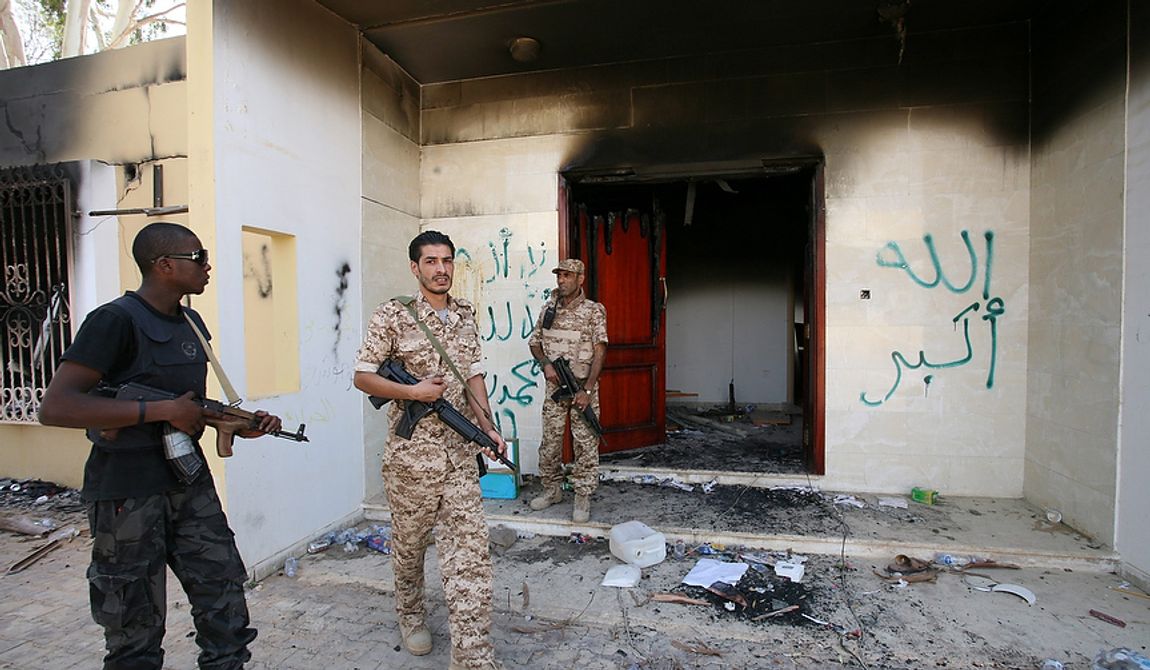
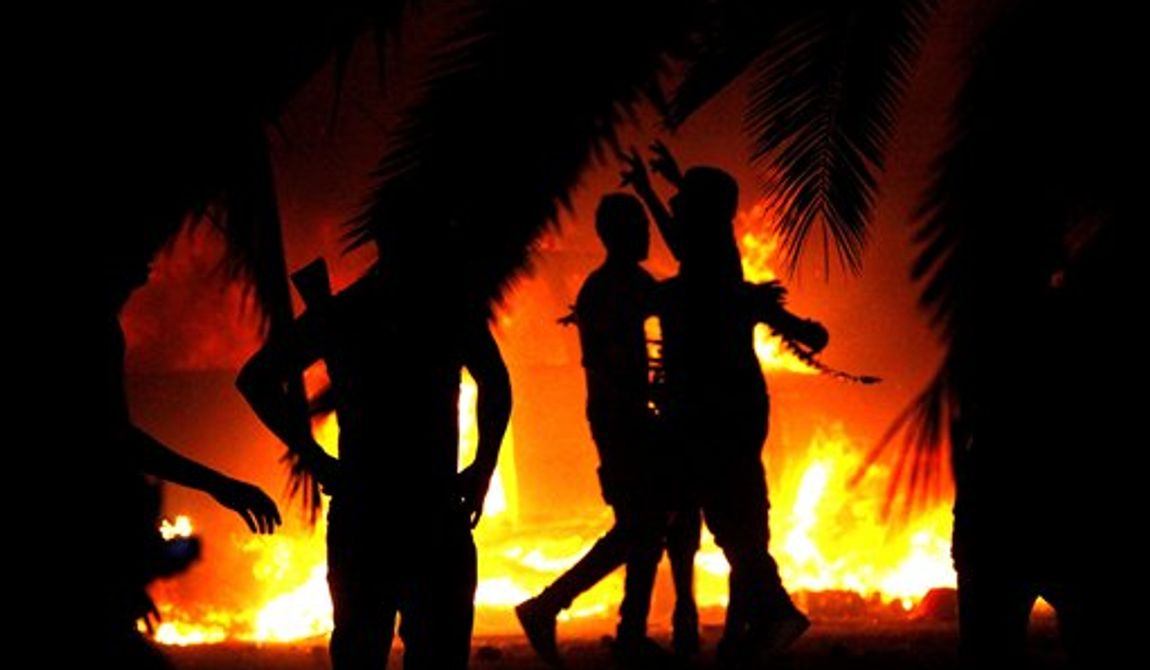
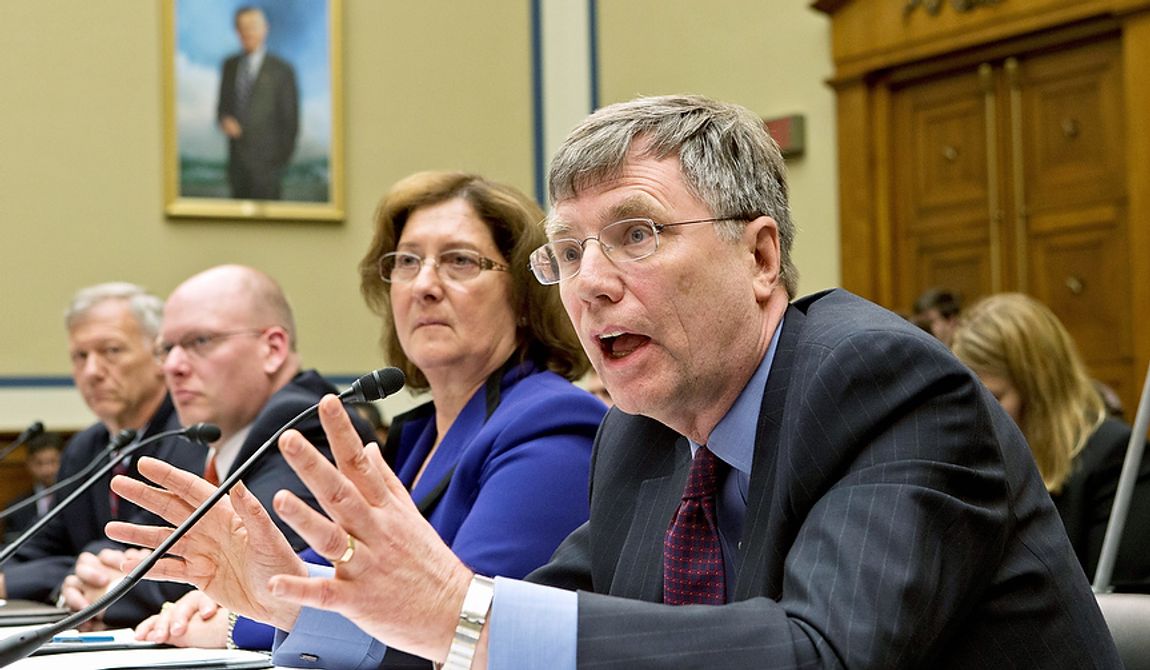
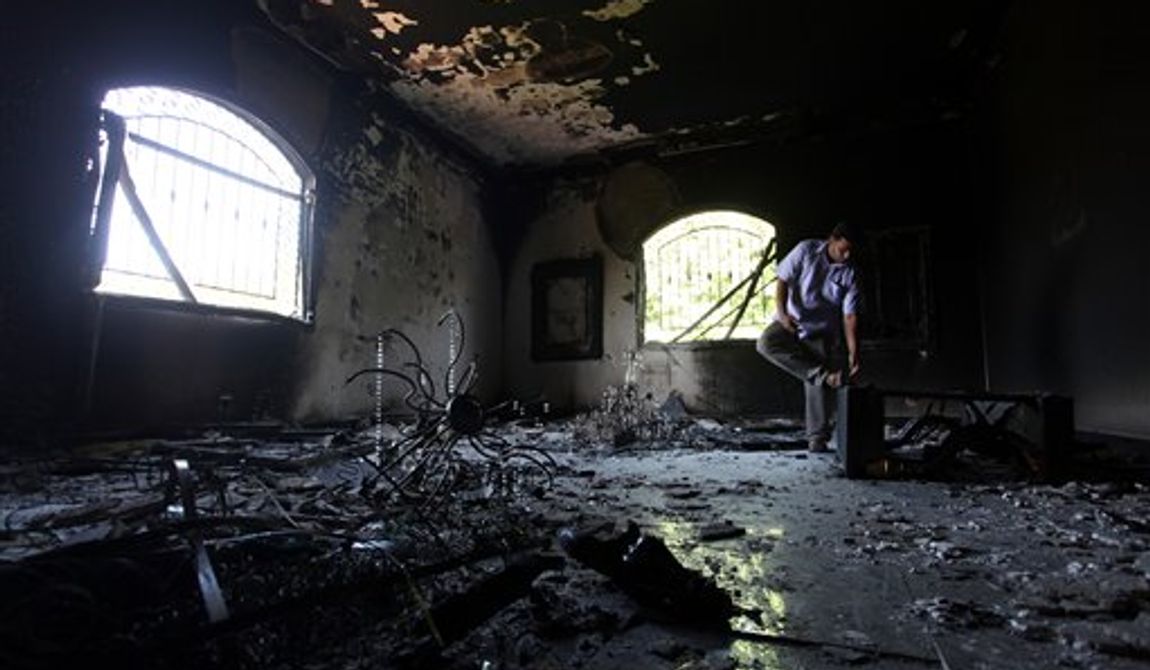
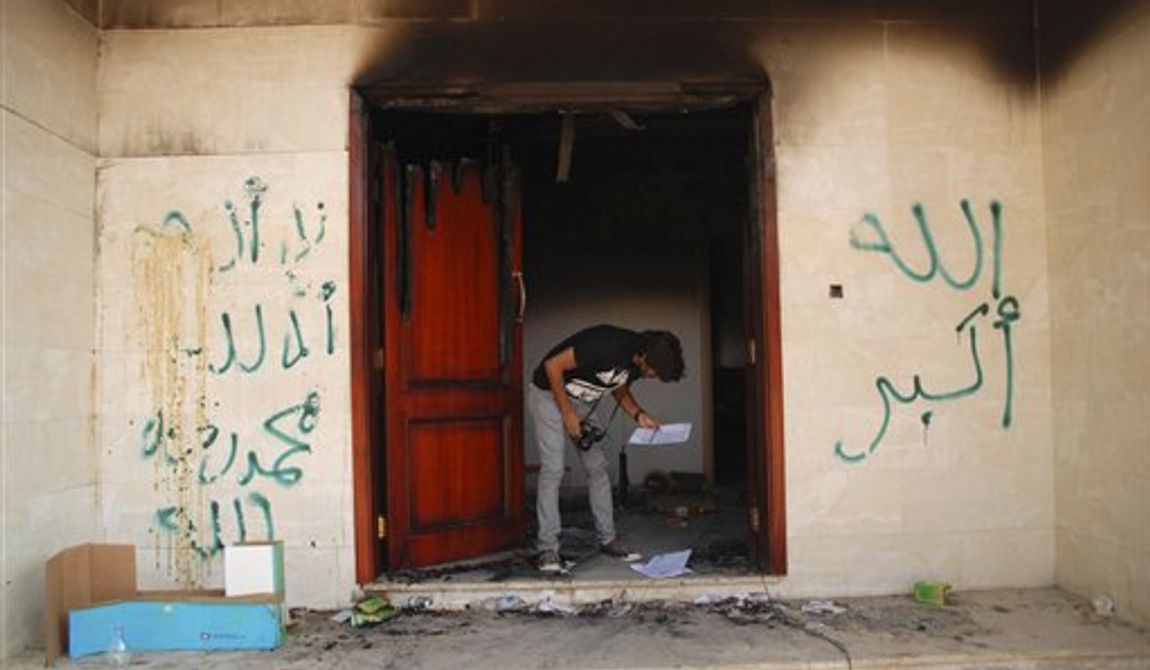
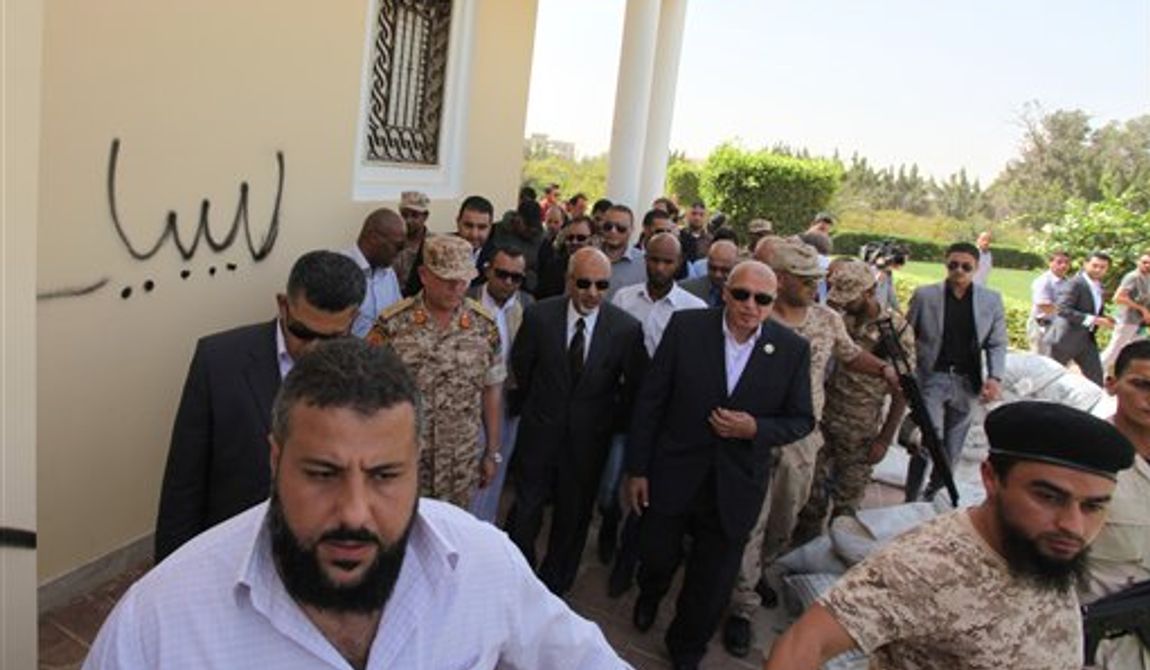
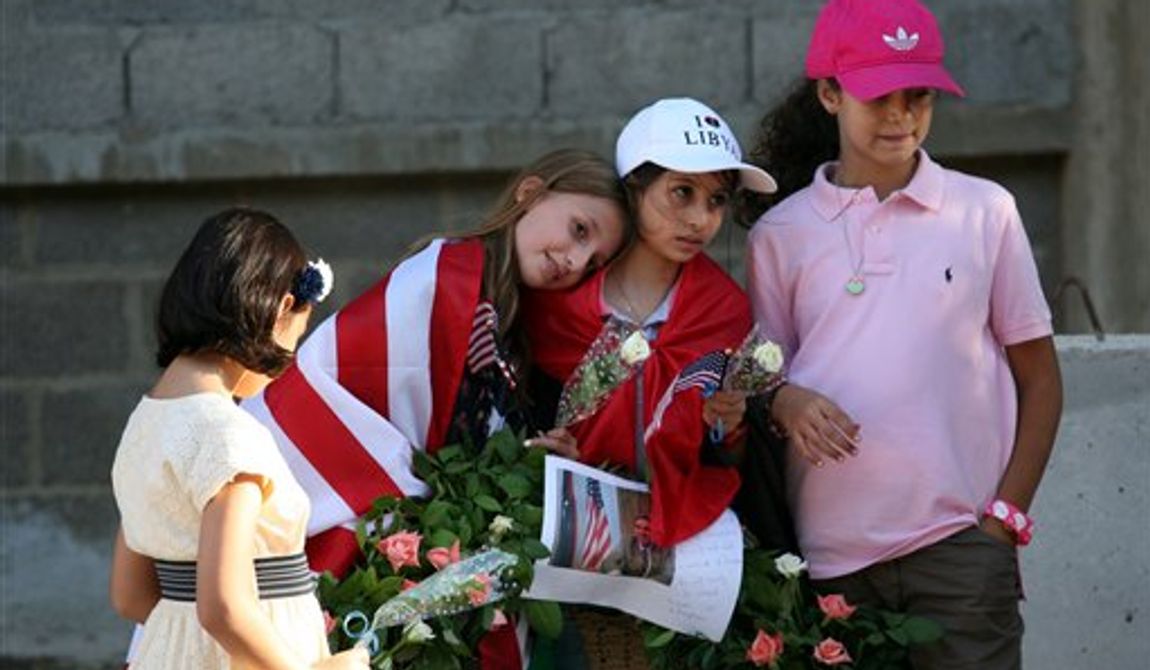
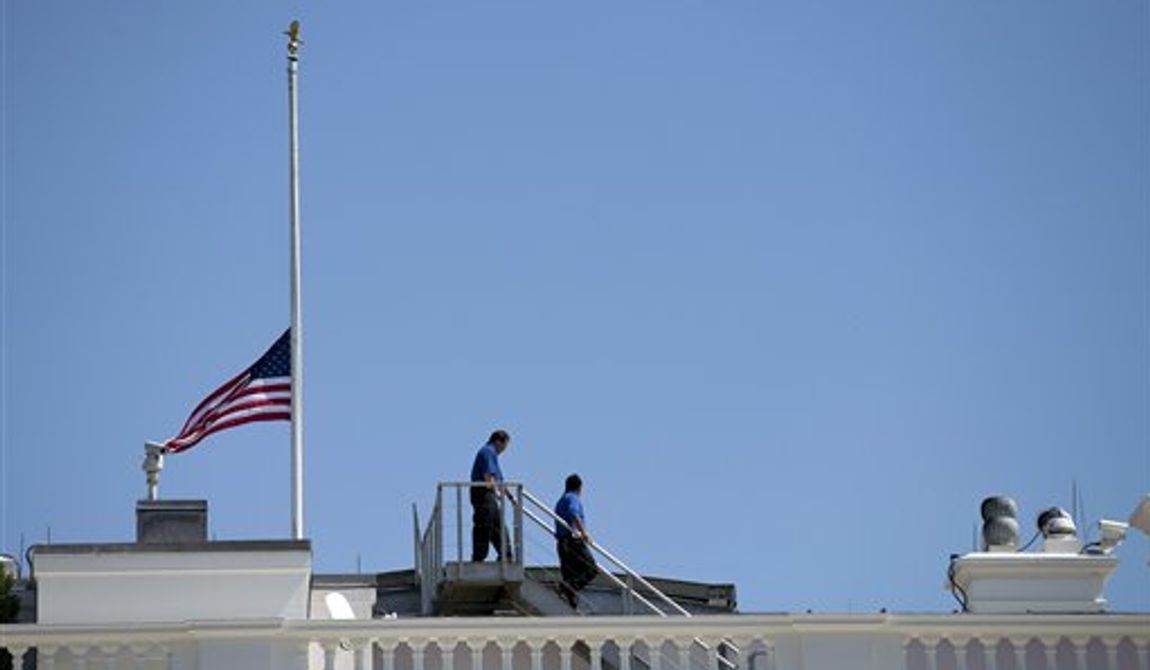
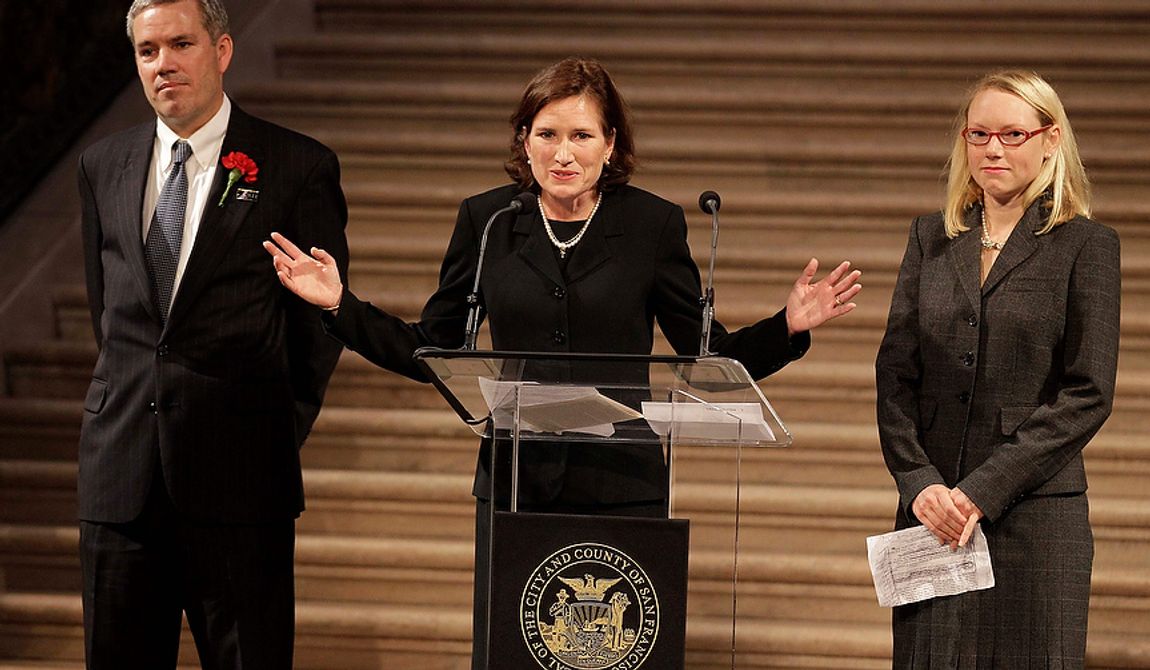
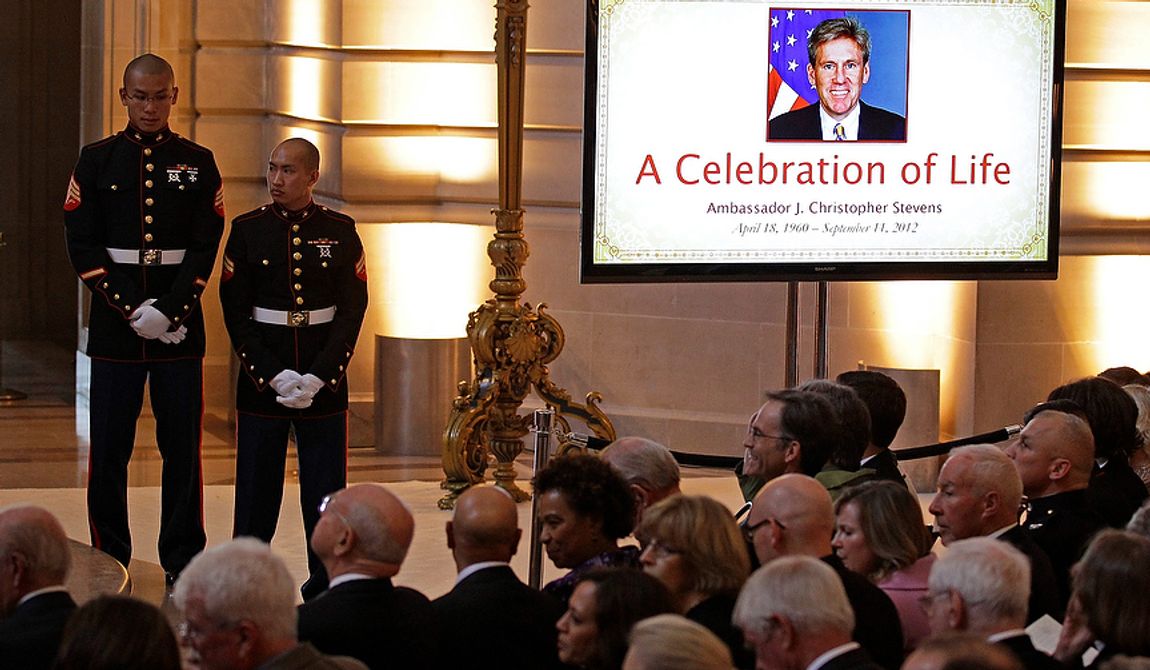

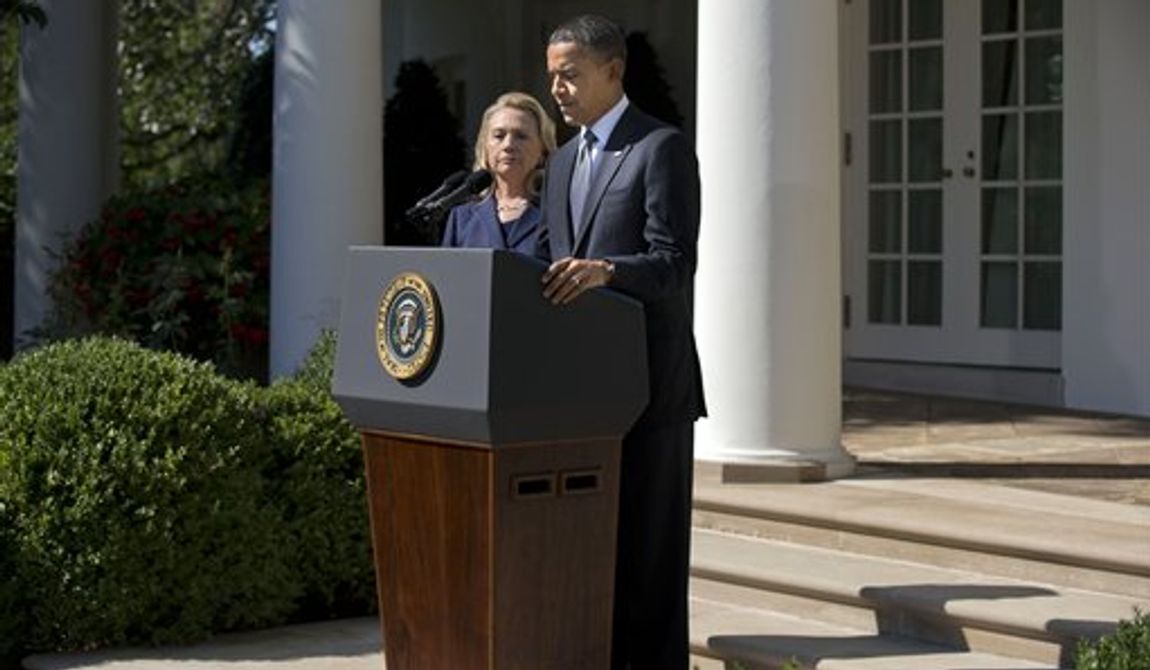
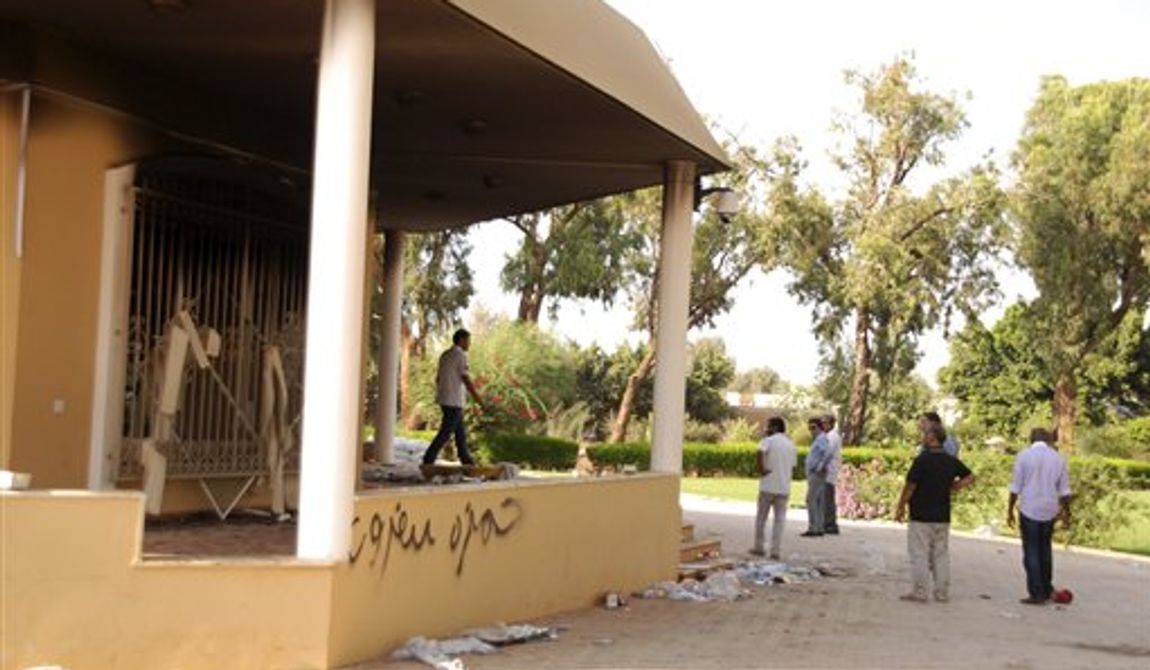
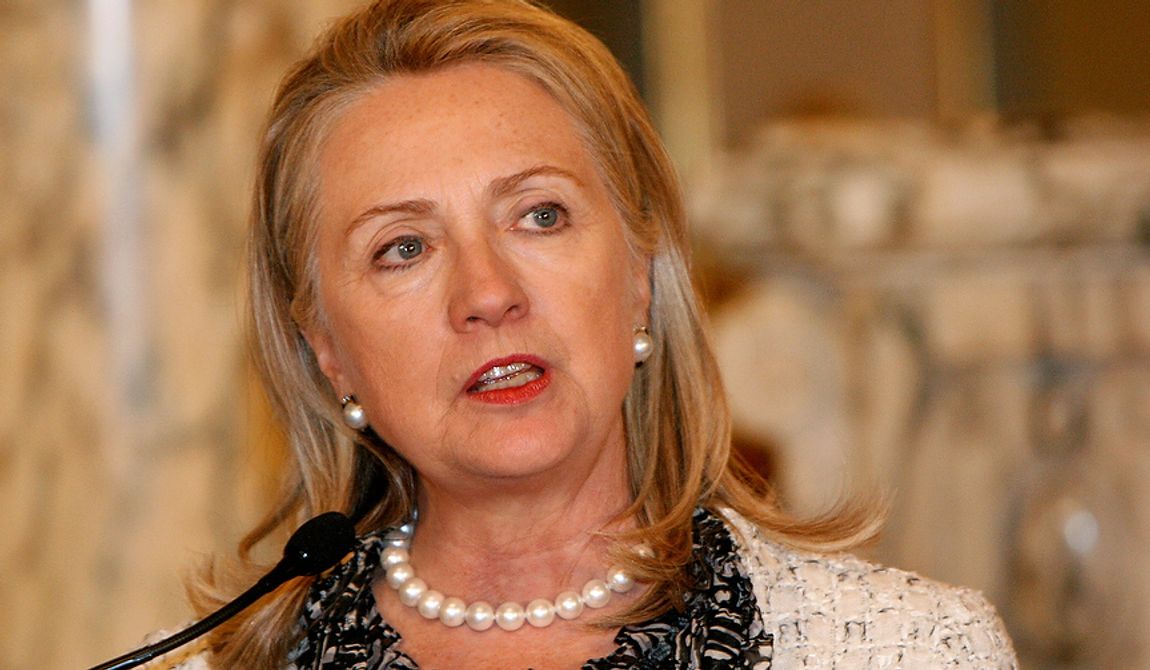
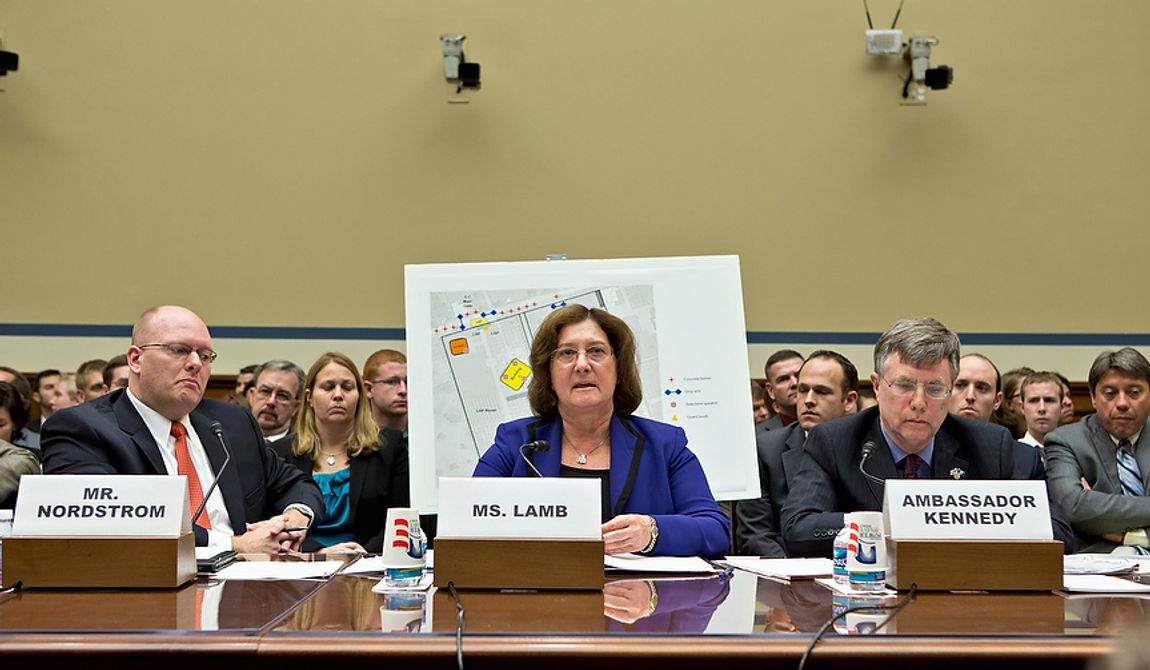
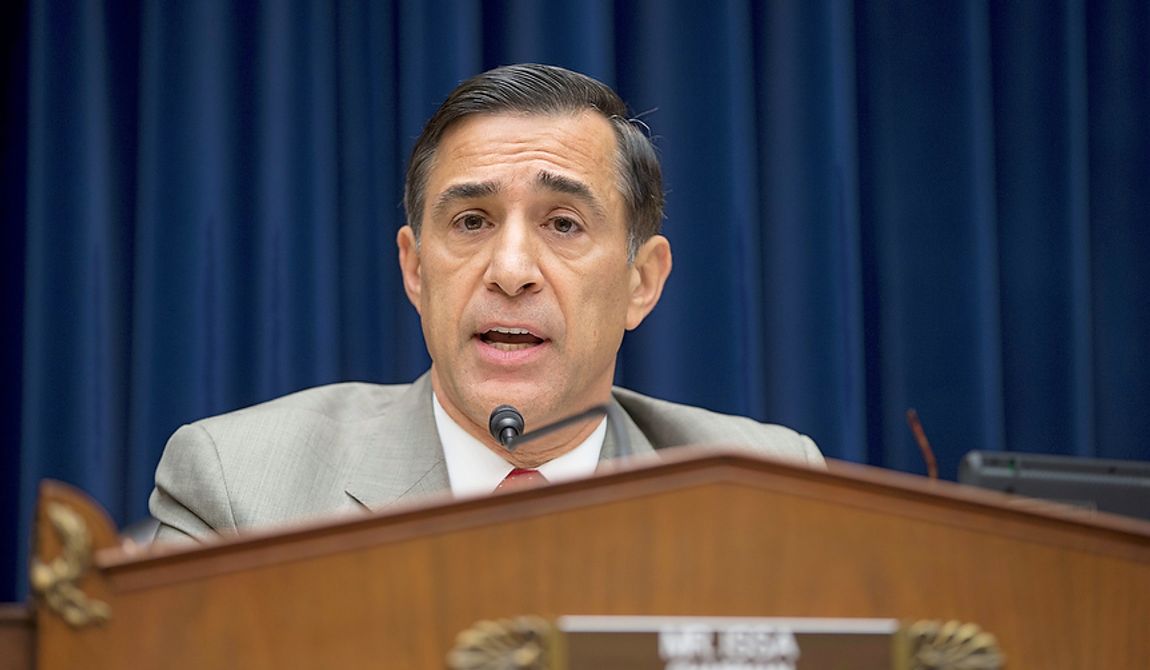
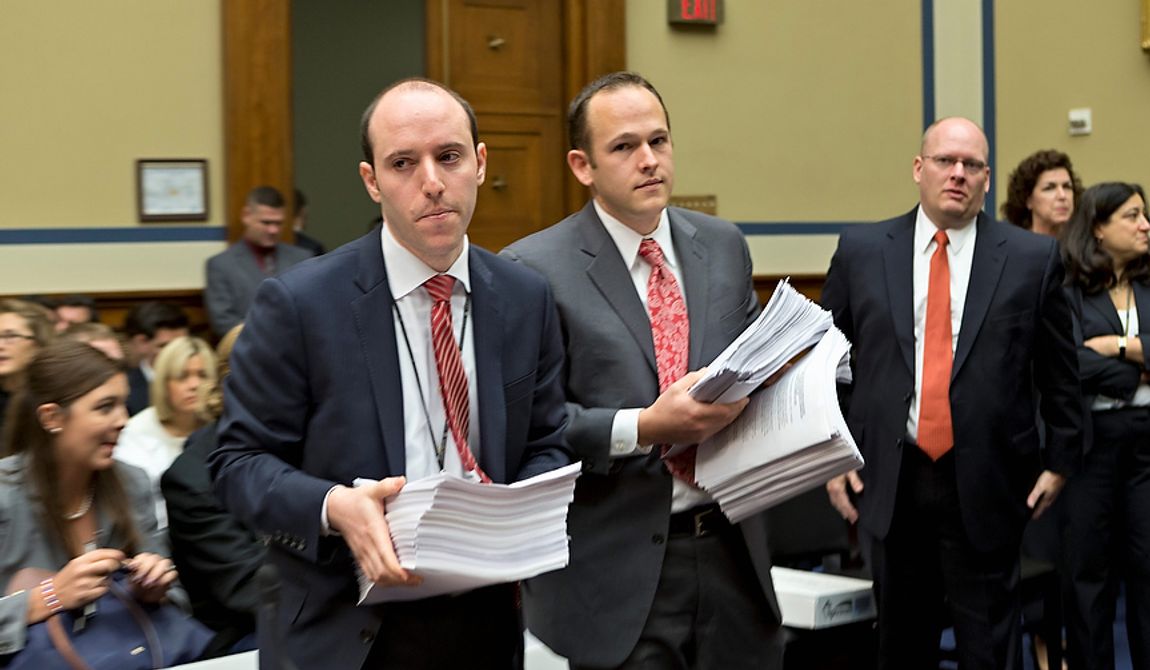
Please read our comment policy before commenting.